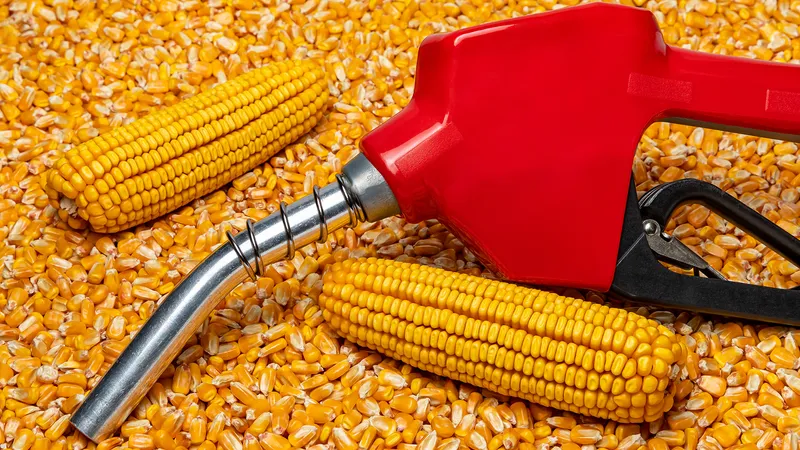World Biofuel Day 2025: How biofuels can be beneficial as well as challenging for India
Related Articles
“Tu Meri Main Tera Main Tera Tu Meri”: New Romantic Comedy Now Streaming on Prime Video
Prime Video has announced the global streaming release of "Tu Meri Main Tera Main Tera Tu Meri," a romantic comedy that explores contemporary dating...
Technical Glitch Disrupts Flight Operations at Delhi and Mumbai Airports
A technical failure in the Navitaire system, utilized by airlines for bookings and check-ins, significantly affected operations at major airports in India on Thursday....
Glenn Maxwell’s future in cricket is uncertain as Ricky Ponting suggests he may retire after the upcoming T20 World Cup
Glenn Maxwell's international cricket career could be approaching a significant juncture, according to former Australia captain Ricky Ponting, who has indicated that the seasoned...


